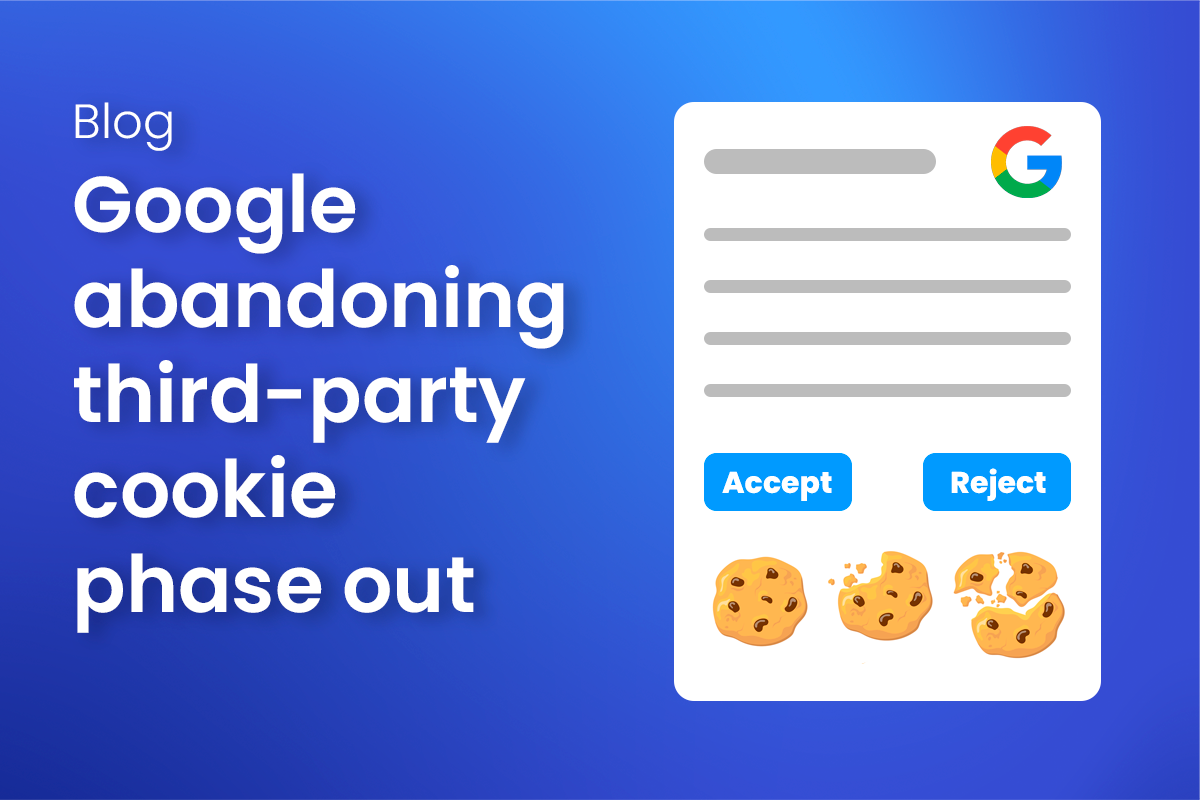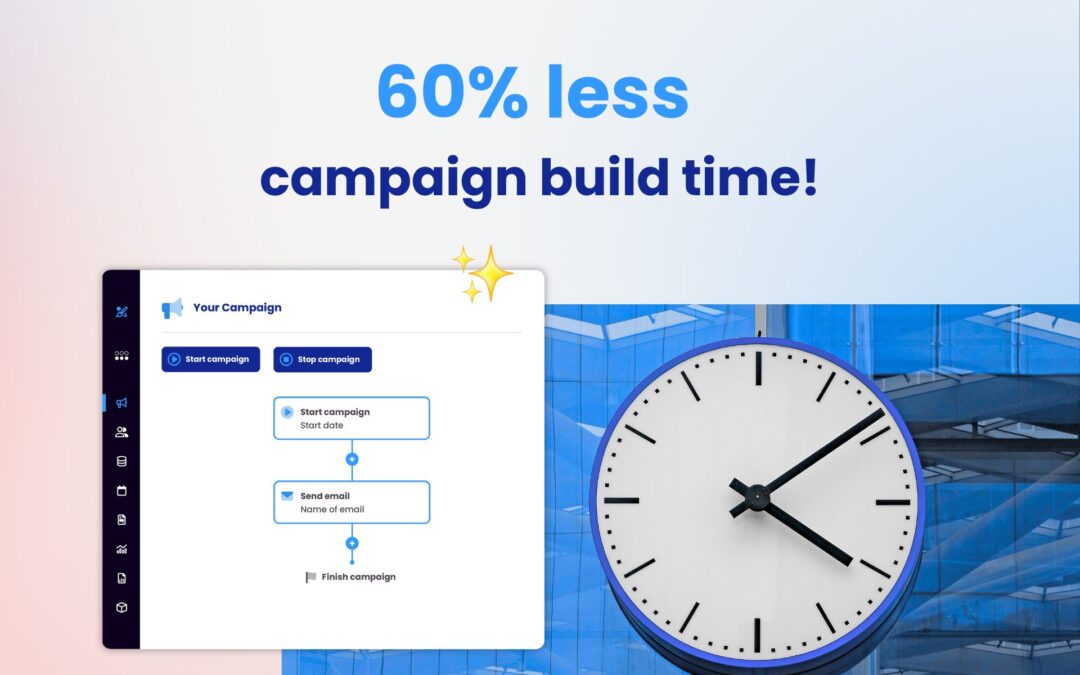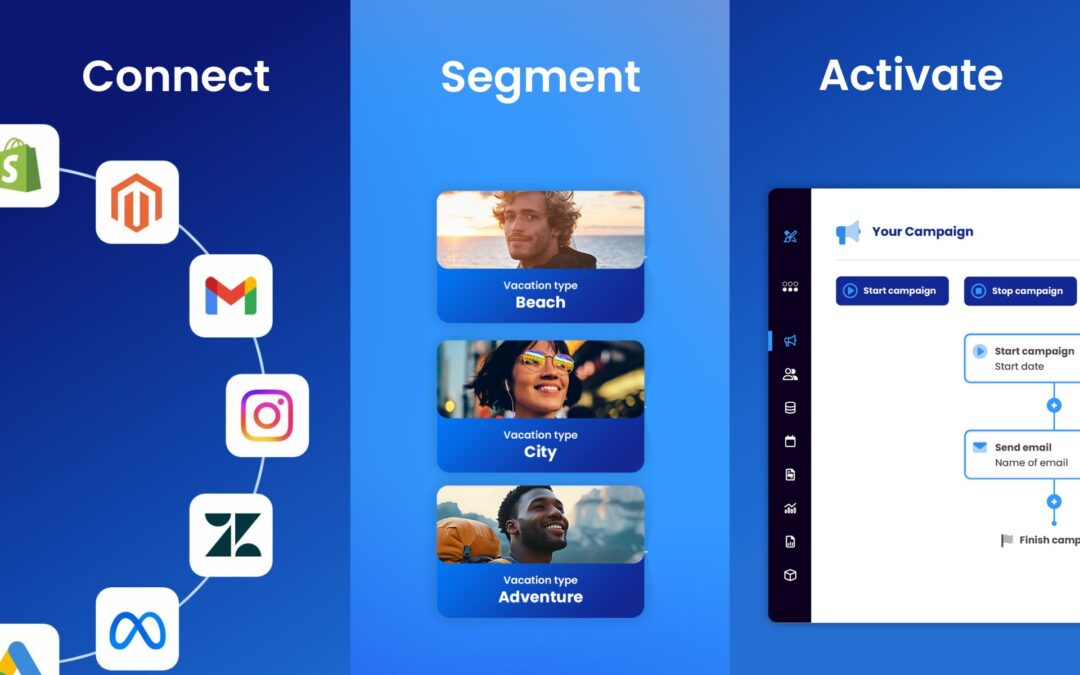Google has, once more, managed to make itself the centre of attention.
This time, by revealing that all those years of toing and froing with the threat of eliminating third party cookies was in fact, one big bazinga. Apparently, cookies are perfectly fine and aren’t going away anytime soon. We know one blue monster who’s happy about this latest revelation.
But… Privacy advocates are not amused. Apple and Mozilla, having already banned third party cookies from Safari and Firefox are likely feeling a little smug at Google’s recent fo-pa. And with so much else happening in the news, this significant update from Google may have slipped under the radar for many.
What are third party cookies
For those who’ve spent their careers outside of digital marketing, third party cookies are bits of code embedded in your browser by companies other than the ones who created the website. These cookies are used primarily to ensure you don’t see the same ad repeatedly and to target ads based on your interests and behaviour.
While it’s great to be served up ads which make the perfect gift for your MIL, the darker side of cookies can’t be ignored. There can be a lack of transparency in the market—you’re not told what is being collected or by whom and what reason they plan on using them. However, the challenge has been getting people to care, as third party cookies are a complex concept that few people can be bothered to understand. And while third party cookies provide quantity in terms of data, we can’t forget that first party data offers quality. And isn’t that the advice we’ve been giving marketers since the dawn of data?
First party data should still be our focus as marketers. It gives deeper insights into our customers’ behaviour and preferences, providing us with the platform to supply true value to our clients.
The benefits of first party data
First-party data comes directly from your audience—your customers and visitors. It’s data you collect from your owned sources, like your website, app, or email campaigns. This data is incredibly valuable because:
- Relevance: It comes from individuals who have directly interacted with your brand, making it highly relevant and accurate.
- Accuracy: It’s less likely to be affected by the inconsistencies that can plague third party data.
- Privacy Compliance: Using first-party data helps ensure compliance with privacy regulations, which are becoming increasingly stringent worldwide.
Moving forward with first party data
So, even with Google’s shift in stance, the key takeaway for marketers should be to continue focusing on first party data strategies. Here are some ways to leverage this invaluable resource:
1. Interactive quizzes
Quizzes can be a fun and engaging way to collect first party data. By asking the right questions, you can gather insights into customer preferences, needs, and behaviours. This not only enriches your data but also enhances customer engagement.
2. Loyalty programs
Loyalty programs are a goldmine for first party data. They encourage repeat business while allowing you to collect detailed information about purchasing habits and customer preferences. This data can then be used to personalize marketing efforts and improve customer retention.
3. Providing true value
Ultimately, the goal is to give value to your clients. By using first party data effectively, you can create highly personalized experiences that resonate with your audience. This approach is not only future-proof but also lucrative for your business.
What can you do about the Google update?
If you’re part of the digital ad community, my sympathies. Google has you dancing to their tune, with little choice but to follow their lead.
If you’re an email marketer, continue pursuing those fantastic campaigns you’ve created to gain more first and zero party data from your clients.
If you’re a consumer, you can use an ad blocker. Cookie problem is solved.
Final thoughts
It’s crucial not to interpret Google’s latest news as a green light to revert to outdated marketing tactics like spray-and-pray or batch-and-blast campaigns. These approaches are not only ineffective but also risk alienating your audience.
The focus for marketers should remain on leveraging first-party data. This approach is not only future-proof but also lucrative for your business. Remember, sometimes less is more. Quality data will always trump quantity when it comes to building meaningful customer relationships and driving business success.
So, keep pushing forward with your innovative strategies and continue to focus on what truly matters: understanding and serving your customers in the best way possible.











